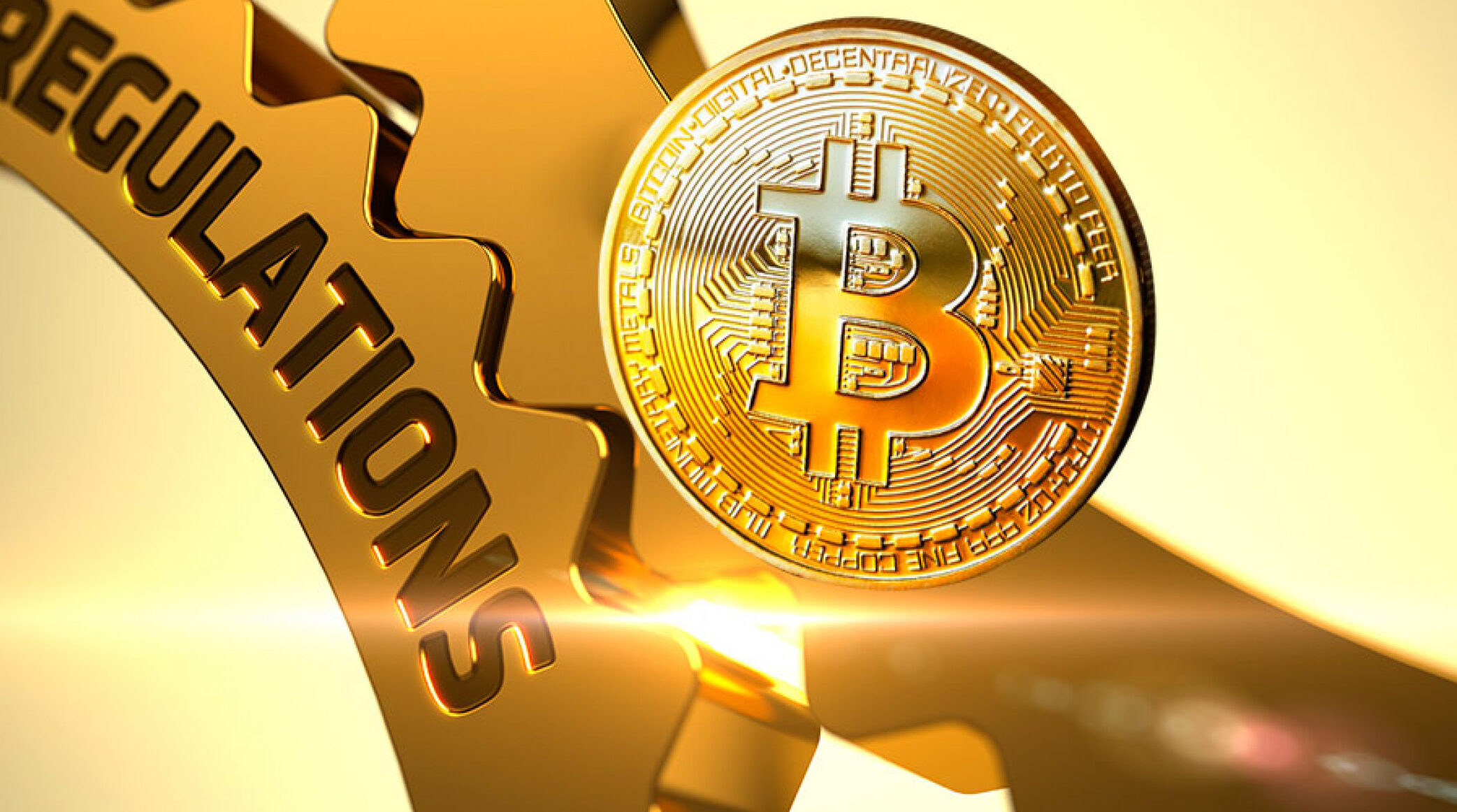With unparalleled price swings, national acceptance, and institutional investment pointing to a new chapter in its development, Bitcoin 2025 institutional adoption continues to rule headlines and transform world finance in 2025. With its price hovering over $106,000 in late May, the top cryptocurrency in the world has withstood volatility to maintain a strong rising path. Emphasizing current market dynamics, geopolitical movements, legislative changes, and innovations affecting Bitcoin’s larger ecosystem, this paper offers a thorough study of the most recent developments in the field of Bitcoin.
The price movement of Bitcoin is still correlated with macroeconomic data, investor mood, and changing perceptions of its function as a counter against inflation and economic instability. Analysts from big exchanges and financial companies credit the volatility of this month to expectations about Federal Reserve rate decisions, changes in institutional Bitcoin ETFs, and worldwide monetary policy tweaks.
Rising strategic Bitcoin reserves on a national level is one of the most important changes in Bitcoin news. These reserves represent a fresh front where sovereign countries formally acknowledge Bitcoin as part of their financial safety nets. The United States made news in March 2025 when former President Donald Trump signed an executive order creating a Strategic Bitcoin 2025 institutional adoption. This innovative program matched Bitcoin with conventional reserve assets like gold and foreign money, signaling a change in the U.S. government’s posture toward distributed finance and digital assets.

The executive decree states that the Federal Reserve and the U.S. Treasury will work together to save Bitcoin in cold wallets for possible macroeconomic balancing and as a tool in cases of currency devaluation. Inspired by the United States, Pakistan has declared through the Pakistan Crypto Council its intention to create a national Bitcoin wallet. Led by Bilal Bin Saqib, the project was presented at the Bitcoin 2025 Vegas Conference, which outlined a strategy to gather and store Bitcoin as a national reserve without selling it for at least a decade. For a nation with hitherto unknown crypto laws, the move is a historic change reflecting growing acceptability in the Global South.
Adoption of Bitcoin among institutions has exploded in 2025. Now, major financial companies, hedge funds, and even governments are shifting assets to Bitcoin. In particular, the Trump Media Group announced a $2.5 billion investment in Bitcoin, aligning with Donald Trump’s pro-crypto views and his campaign objectives to establish America as the global center for digital currency. Using a share offering to directly invest in Bitcoin 2025 institutional adoption, publicly traded IT education company Jetking Infotrain LTD. raised large funds in India.
This marks one of the first times that a conventional Indian company has purchased a virtual digital asset as a treasury reserve, signifying a slow but significant cultural change in one of the biggest economies in the world. In the United Kingdom, meanwhile, Nigel Farage’s political team, Reform UK, has started receiving Bitcoin payments to match its campaign to younger, tech-savvy citizens. This action establishes a standard in European politics by highlighting Bitcoin’s expanding impact in political fundraising models and civic involvement, as well as in finance.
The Trump administration recently unveiled the national “crypto czar,” thereby demonstrating institutional support for blockchain technologies. However, not all nations are moving towards liberalization in their cryptocurrency regulations. Renowned for having Bitcoin as legal currency in 2021, El Salvador has apparently cut back on its projects centered on Bitcoin in light of negotiations with the International Monetary Fund (IMF). Although the government maintains a positive public stance, reports from The Economist suggest that El Salvador’s Bitcoin experiment is currently undergoing an internal assessment regarding its financial impact.
The environmental effects of Bitcoin mining continue to spark widespread debate among people. Despite the widely acknowledged high energy consumption of mining, we anticipate innovative solutions to tackle these issues by 2025. In the United States, states like Texas have embraced progressive ideas by incentivizing Bitcoin miners to utilize flare gas and renewable energy sources, thus transforming waste into computational power. Reflecting continuing conflict between federal control and industry autonomy, the U.S. Energy Information Administration (EIA) canceled a contentious mining energy assessment at the same time following a legal challenge by crypto miners. Views are starting to change as green mining pools, which certify only clean-energy blocks, emerge. To improve the sustainability of their mining activities, companies such as Blockstream and Marathon Digital are looking at joint ventures with carbon-neutral energy suppliers.
Final thoughts
Adoption of digital assets is fast becoming the worldwide norm. Nations including Japan, Russia, and the Czech Republic are either exploring or have declared intentions to include Bitcoin in their national reserves or investment portfolios. These events suggest a worldwide race, not only for mining or innovation but also for direct control of Bitcoin as a strategic geopolitical asset. Bitcoin’s fixed quantity, distributed architecture, and growing trust from both institutional and retail investors help to confirm its growing function as “digital gold”. Bitcoin is no longer a speculative asset; along with new blockchain scaling solutions, better Lightning Network performance, and more integration with traditional banking, it is rather a basic pillar in the future of global finance.








